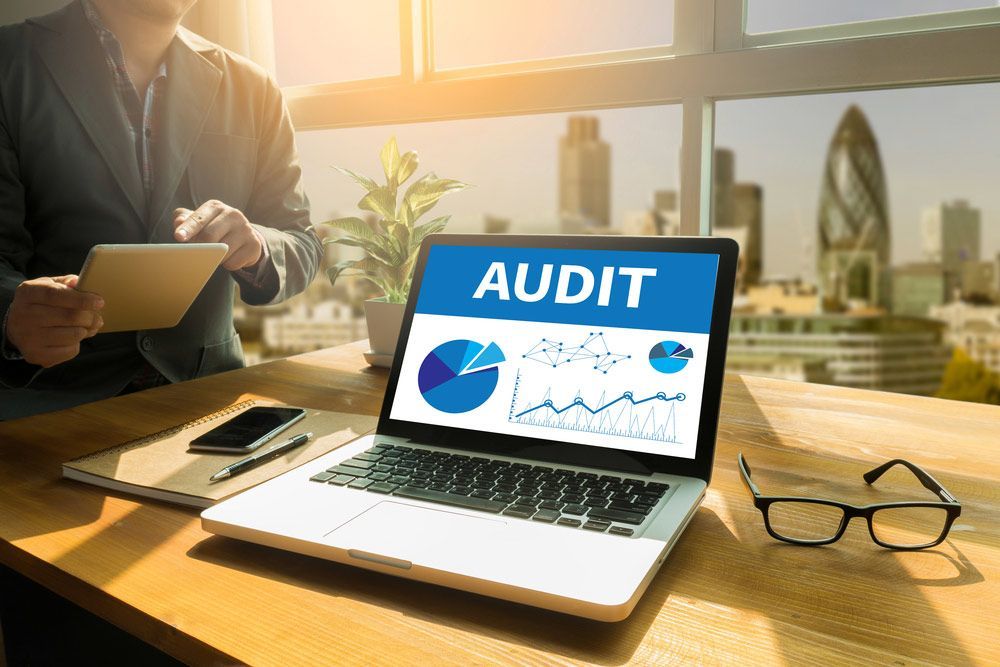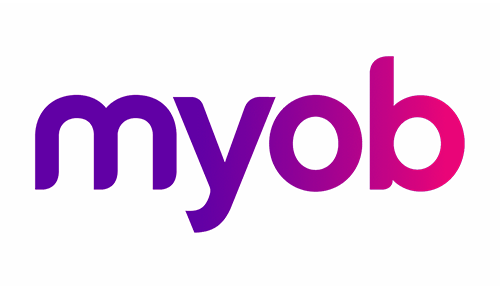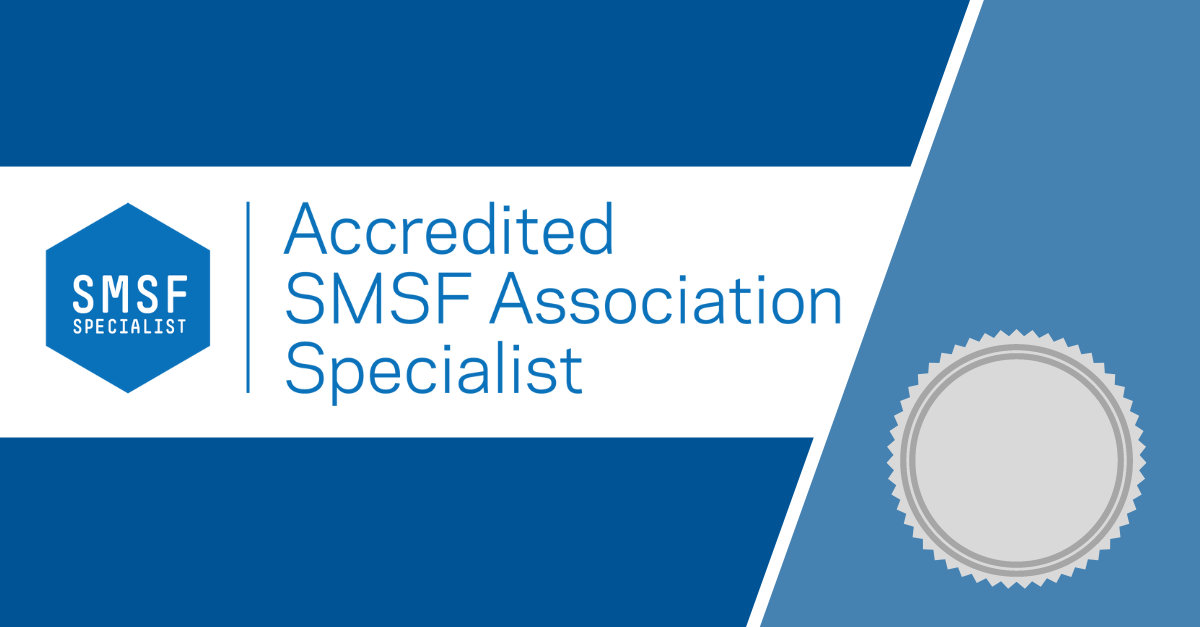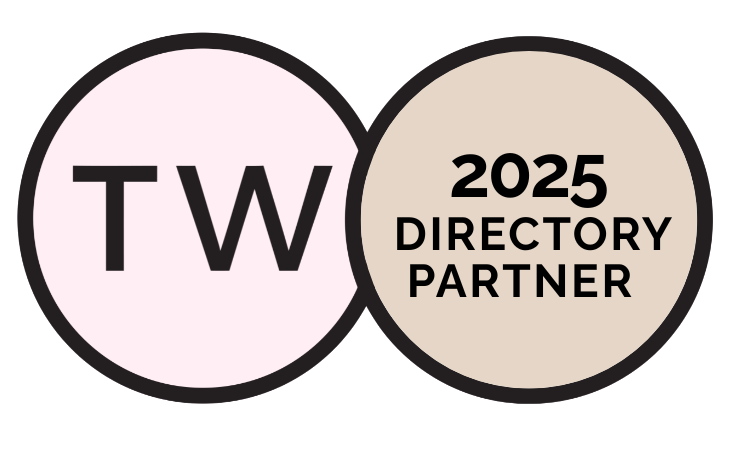Financial Audits on the Central Coast
Professional Team
Wide Service Range
Customer Service-focused
Striving For Industry Compliance
Dynamic Accounting Taxation Advisors offers comprehensive audit services for businesses and organisations in Gosford, Erina, Bateau Bay, Lisarow, The Entrance, Woy Woy, Wamberal, Kincumber and surrounding Central Coast areas.
Our audits focus on verifying financial records, aiming to ensure accuracy and maintaining compliance with industry regulations.
We seek to provide thorough assessments that support transparency, offering clients peace of mind and valuable insights for stronger financial practices.
With detailed reporting and professional guidance, our team strives to help you meet regulatory requirements effectively.
For audit support, contact Dynamic Accounting Taxation Advisors on (02) 4385 7365 to discuss your needs.
What's Involved in an Audit?
Audits are independent examinations of a business’s financial records to help ensure accuracy, transparency and compliance with Australian Accounting Standards and regulations. They may provide stakeholders with confidence that financial statements reflect the true financial position of the organisation.
For many businesses, especially those that are large or publicly listed, audits are mandatory. An audit can identify any discrepancies and help improve internal financial practices, supporting better decision-making and accountability.
Frequently Asked Questions
What is an audit, and why is it important for a business?
An audit is an independent examination of a business’s financial records, conducted to help verify the accuracy and compliance of financial reporting with relevant laws and standards.
In Australia, audits can be essential for businesses because they aim to provide assurance that financial statements are correct and reflect true financial health. Audits also help identify any discrepancies or weaknesses in financial processes, potentially allowing for improvements.
For companies, especially those required by law to have regular audits (such as publicly listed or large proprietary companies), audits may promote transparency, build stakeholder trust and support informed decision-making.
What is the difference between internal and external audits?
Internal audits are conducted by employees within the organisation or by independent contractors working on behalf of the organisation, focusing on evaluating internal controls, operational efficiency and compliance with internal policies. Internal audits can provide insights into potential risk areas and aim to ensure that internal processes align with business goals.
External audits, however, are conducted by third-party auditors who provide an independent assessment of the company’s financial statements, verifying compliance with Australian Accounting Standards and regulatory requirements. While internal audits are generally optional, external audits are often required by law for certain businesses and can provide an unbiased assurance to shareholders and regulatory bodies.
How can an audit benefit not-for-profit organisations?
For not-for-profit organisations in Australia, audits can play a crucial role in maintaining transparency and accountability, especially as many rely on donations, grants and public funding.
An audit often provides independent verification of how funds are managed, helping to assure donors, grant providers and government bodies that resources are used responsibly. An audit can also help not-for-profits identify areas for improvement in financial management, aiming to ensure compliance with regulatory requirements and safeguarding their charitable status.
Regular audits are often required for larger not-for-profits, and even smaller organisations can benefit from them as they build trust and credibility with stakeholders.
What happens during an audit process?
During an audit, the auditor examines financial records, including income statements, balance sheets, cash flow statements and any supporting documentation, to help ensure accuracy and compliance.
The process typically starts with planning and understanding the client’s operations and risks. The auditor will then review records, test internal controls and verify transactions to identify discrepancies or weaknesses.
After the review, the auditor prepares a report detailing the findings and providing an opinion on the financial statements. If issues are found, the auditor may recommend corrective actions to improve financial accuracy and compliance.
For businesses, an audit supports transparency and provides insights for stronger financial practices.










